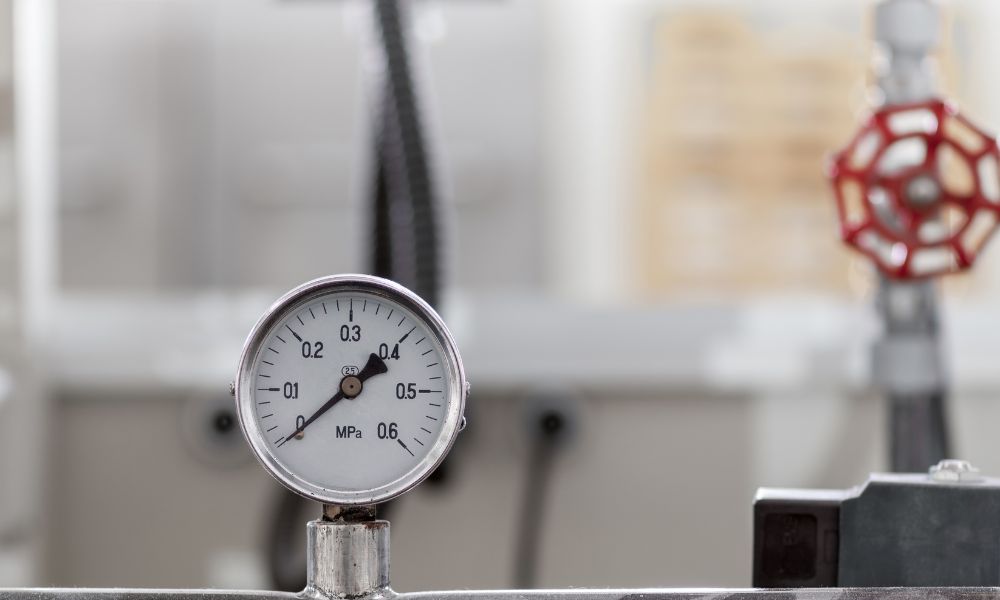When your job requires you to work with electricity, are you taking the time to be sure you, your coworkers, and the workplace are safe and sound? On average, electrical shocks happen to about 30,000 people each year and of that number more than 1,000 died of electrocution. Fortunately, staying safe around electricity is easy with just a few simple steps. Here are the proper safety precautions while using electricity outdoors.
Submit Your Equipment To Regular Inspections
For starters, is your electrical equipment safe to use? First, and most importantly, turn everything off and unplug the machine. Next, check it for damage and places where the internal elements may be exposed. Look for loose connections, especially where the cord meets the main part of the machine. Inspect the cord as well. Is it frayed, cut, melted, burnt, badly kinked, or cheaply patched with electrical tape? Tag any issues and inform your supervisor that it might be time for maintenance or a replacement.
Check the Cords
Electrical cords are indispensable. Unless you’re using tools with rechargeable batteries, you’ll need one or several electric cords available to run your equipment. But are you using the right kind of cord? Every cord is rated according to the gauge and maximum amount of amperage it can handle. Higher amperage puts more stress on the cord’s internal wiring and the insulating material that covers it. Too high of an amperage on a smaller gauge cord can lead to overheating and eventual melting, exposing the wires and risking a fire or electrical shock. Use the proper lengths to prevent a cord from suddenly popping out from the outlet. Keep the work area as free as possible from cords that can trip you and others.
Keep the Area Clean
This is standard practice for any workspace, but it’s vital concerning electrical equipment. Keep the work area as free as possible from cords that can trip you and others. Make sure they’re out of the way and clearly marked. Sweep up and removable any flammable items such as sawdust or greasy rags that could catch fire if they encounter an exposed or overheated cord. Keep your workspace dry, and don’t let the equipment or cords get dripped on or dipped into water or other liquids. If it rains, turn off and unplug your equipment and stop working. Dry and cover your tools until the rain stops and watch out for wet spots.
Tools: Good and Bad
Here’s one of our final proper safety precautions while using electricity outdoors: keep metal, conductive tools and containers, and flammable chemicals away from the equipment. Resting a metal tool or flammable solvent on a piece of equipment that’s hot from running increases the potential of a spill or shock. As for tools you should use, get a pair of rubber-soled boots. They prevent electrical current from going through you.






